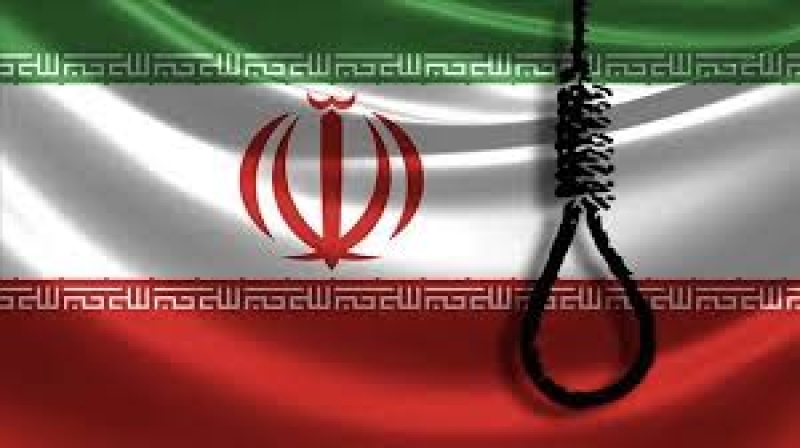- Trump considering military options on Greenland; Europe rejects |
- Fertiliser crunch threatens Kushtia’s onion boom despite high prices |
- Security Council Divided on United States' Venezuela Action |
- Over 1.53m voters register for postal balloting: Shafiqul Alam |
901 People Executed in Iran in 2024, UN Reports

The United Nations reported that Iran executed at least 901 people in 2024, with a significant surge of executions, including around 40 in just one week in December. Volker Turk, the UN High Commissioner for Human Rights, expressed grave concern over the alarming rise in executions, calling the trend "deeply disturbing."
"Once again, we see an escalation in the use of the death penalty in Iran, and it is long past time for the authorities to take meaningful action to curb this troubling practice," Turk stated.
Iran applies the death penalty for a range of crimes, including murder, drug trafficking, rape, and sexual assault. Despite international outcry, the Islamic Republic remains one of the leading countries in executions, second only to China, where official figures are not available, according to human rights organizations like Amnesty International.
The dramatic increase in hangings has drawn growing concern from activists. Many argue that the government, led by Supreme Leader Ayatollah Ali Khamenei, is using executions to suppress dissent and instill fear, particularly in the aftermath of the 2022-2023 nationwide protests.
The UN Human Rights Office indicated that while the majority of executions in 2024 were linked to drug offenses, there was also a notable rise in the execution of dissidents and individuals involved in the protests. The execution of women also increased, with at least 31 women reported to have been executed last year, according to the Norway-based group Iran Human Rights (IHR).
"We oppose the death penalty under all circumstances," Turk said, emphasizing that it violates the fundamental right to life and carries an inherent risk of wrongful convictions. "The death penalty is incompatible with international human rights law and can never be imposed for conduct that is protected under such law."
The UN High Commissioner called for an immediate halt to all executions in Iran and urged the authorities to adopt a moratorium on capital punishment, with a long-term goal of abolishing it entirely.

